A Guide to Snacking in North Kolkata

North Kolkata was once home to many historical eateries. Drishya Maity maps out a food trail that marries delicious snacks and sweets with a slice of Bengali history.
The streets of North Kolkata have much to offer the wayfaring epicurean. There are century-old breakfast spots serving traditional breakfasts on banana leaves, places that birthed specific sweets, and even the historic pice hotels that fed and sheltered revolutionaries during the freedom movement. These are places with history, which continue to cater to hundreds of regulars even today. (Read more about the Bengali love for tea-time snacks, here).
Many of these places are considered an integral part of Bengali culture. When a Bengali says, ‘It is part of our culture’, they mean these places are shrines to intangible, unbroken traditions that are greater than the sum of their parts. They are portals to the past and the future of the city and her people.
We Bengalis are set in our ways, one foot firmly placed in the past. This is Bangaliyana or Bengaliness, a deeply ingrained connection to Bengali history and culture that forms and informs, shapes and reshapes the ever-evolving, never-changing experience of being a Bengali in Kolkata.
North Kolkata was once home to many historical eateries. Time, sadly, has claimed so many of them. The few that remain have cemented their place in Kolkata’s gastronomic landscape, enduring as living relics of a bygone epoch, serving every dish with a slice of history.
Here are some of them.
Adi Haridas Modak
One of Kolkata’s oldest eateries is a 250-year-old shop in Shyambazar. Adi Haridas Modak is run by Indrajit Modak, the sixth-generation of the Modak family. They are famous for their luchis — deep-fried flatbreads and and aalur torkari —a light potato curry seasoned with turmeric, onion seeds, coriander seeds, kasuri methi, and amchoor. Served on a banana leaf, the luchis are light and flaky, and the aalur torkari has a savoury-sweet aftertaste that lingers. The menu is seasonal. During winter, when green peas are in season, look out for the Bengali classic, koraishutir kochuri — kachori stuffed with mildly spiced mushy peas seasoned with hing, onion seeds, cumin, and coriander paste—served with chhola-r daal.
Address: 220, Acharya Prafulla Chandra Road, Shyambazar, Kolkata 700004
A typical Bengali breakfast of kochuri and chhola-r daal at Adi Haridas Modak. Photos credit: Drishya Maity
Lakshmi Narayan Shaw And Sons
Kolkata is home to many places that connect its past to the present. In Sovabazar-Sutanuti, one of three settlements that merged to form modern Kolkata in the 17th century, is where you will find Lakshmi Narayan Shaw And Sons. This is a snack shop famous for its savoury croquettes, fritters, and cutlets called telebhaja (translates to ‘fried in oil’). Their specialties are aamer chop (mango fritters) and soybean-er chop. Founded by Khedu Shaw in 1918, the shop was a rendezvous point for revolutionaries during the freedom movement. “I’ve heard Netaji [Subhash Chandra Bose] was a frequent visitor,” says Sudhanshu Gupta, Shaw’s great-grandson who runs the shop with his father, Kesto Gupta. On Netaji’s birth anniversary, they pay tribute to this association by distributing free chops to guests.
Address: 158, Bidhan Sarani, Sovabazar, Kolkata 700006
Lakshmi Narayan Shaw And Sons’ specialties are aamer chop (mango fritters) and soybean-er chop
Their telebhaja was a favourite of Netaji Subhash Chandra Bose
Nobin Chandra Das
At the other end of Sovabazar is the sweetshop of Nobin Chandra Das, another establishment with deep roots in Kolkata’s culinary history. Nobin Chandra Das was a confectioner who, in 1868, invented the rosogolla by experimenting with new ingredients and techniques he had acquired from cheesemakers of the Dutch colony in Bandel. After Nobin’s death in 1925, his only son, Krishna Chandra Das, inherited the family business. Krishna is known for inventing another Bengali classic, the rasmalai — a disc-shaped variant of the rosogulla soaked in saffron-infused condensed milk.
Address: 77, Jatindra Mohan Avenue, Sovabazar, Kolkata 700005
This 155-year-old sweet shop invented the rosogolla and rasmalai
Bhim Chandra Nag
Located at the other end of College Street, Bhim Chandra Nag is a 200-year-old sweetshop. Founded by confectioner Param Chandra Nag in 1826, who named it after his son. Bhim later inherited the shop and is known for inventing ledikeni — a variant of the gulab jamun, made with chhenna and soaked in sugar syrup. (Read here about another little known Bengali sweet, Labangalatika). Ledikeni was named after Lady Charlotte Canning, the wife of Lord Charles Canning, the Governor-General of India from 1856 to 1858.
Address: 5, Nirmal Chandra Street, Bowbazar, Kolkata 700012
The sondesh variety at Bhim Chandra Nag
Swadhin Bharat Hindu Hotel
Boi Para is Asia’s largest open-air book market and home to Kolkata’s legendary Indian Coffee House and historic pice hotels like the Swadhin Bharat Hindu Hotel. Pice hotels get their name from the word ‘paisa’. In the early 20th century, when Bengal’s economy was shifting from its agrarian roots to rapid industrialisation, these hotels popped up all over (then) Calcutta to cater to the migrant workers. They served affordable, traditional, home-style food like alu posto (potatoes cooked with poppy seed paste), kumro phooler bhaja (pumpkin flower fritters), bhetki paturi (barramundi fillets marinated in mustard sauce and baked in a banana leaf), and maacher bhapa (steamed fish). To keep operating costs low, every item was billed individually, and menus decided daily depending on the produce available. Swadhin Bharat Hindu Hotel was supposedly a clandestine meeting place for revolutionaries during the freedom movement. Legend has it that Mangobinda Panda, who founded the hotel in 1926, often sheltered revolutionaries in a back room when they were on the run from the police. This backroom no longer exists, but Arunangshu Panda—Mangobinda’s grandson and the current proprietor—will proudly narrate his stories of his grandfather’s involvement with the freedom movement. Go here for their famous fish curries.
Address: 8/2 Bhawani Dutta Lane, College Square, Kolkata 700073
Drishya Maity is a writer + artist based in Kolkata, India. He was shortlisted for the Mogford Prize for Food & Drink Writing, and nominated for the BBA Photography Prize-One Shot Award in 2022. He is @drishya.xyz on Instagram.
Read our other city guides, here.
ALSO ON GOYA




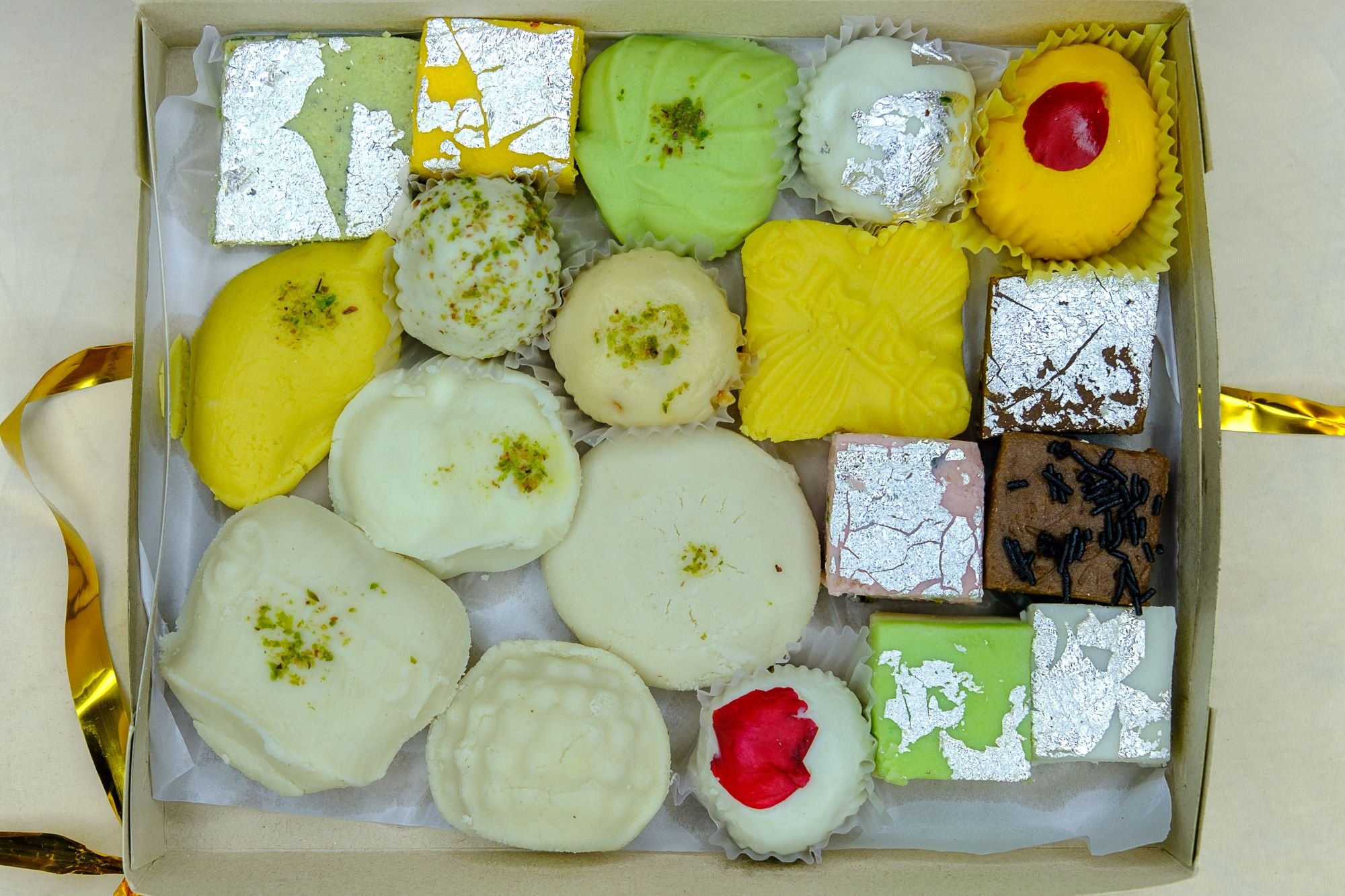
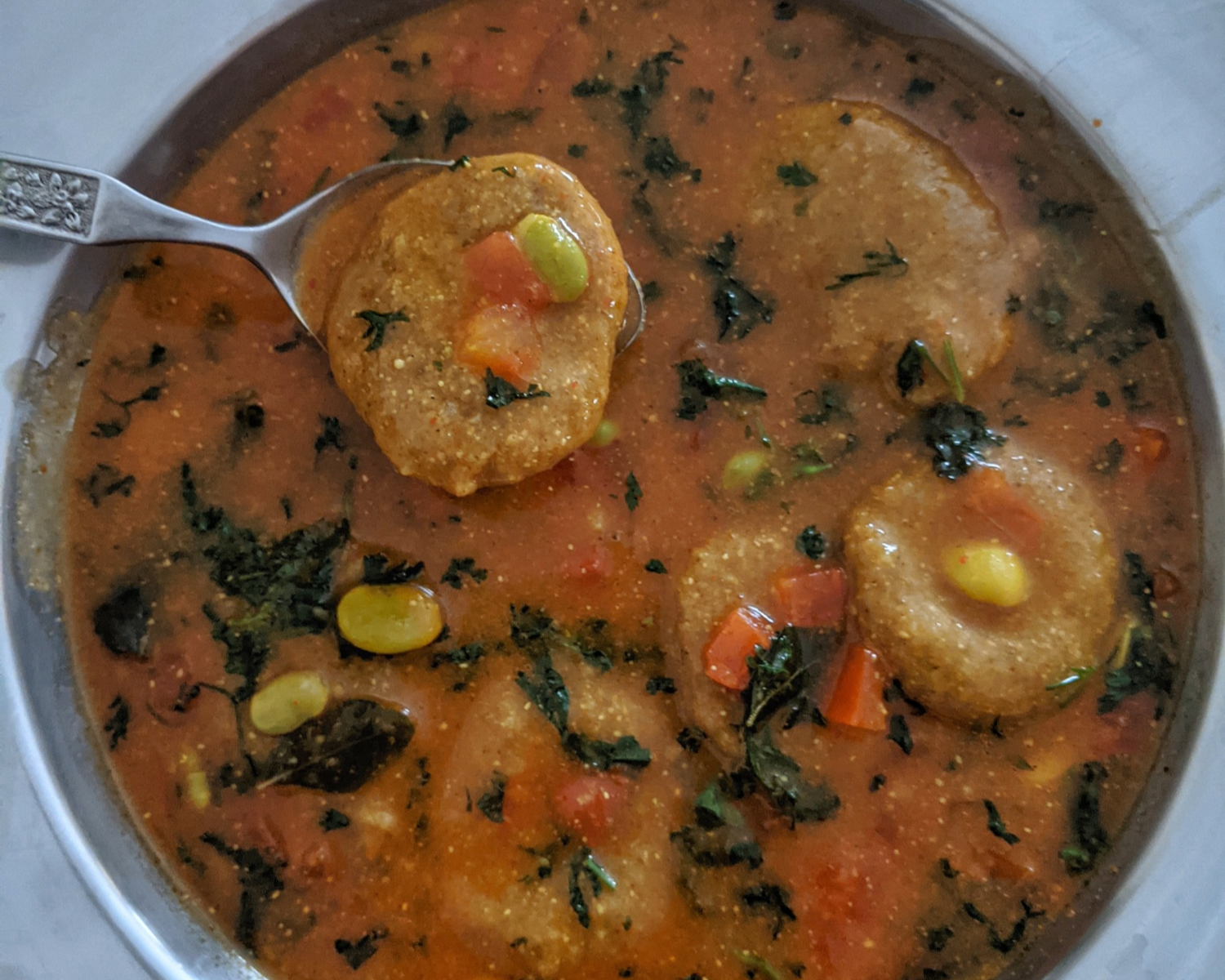
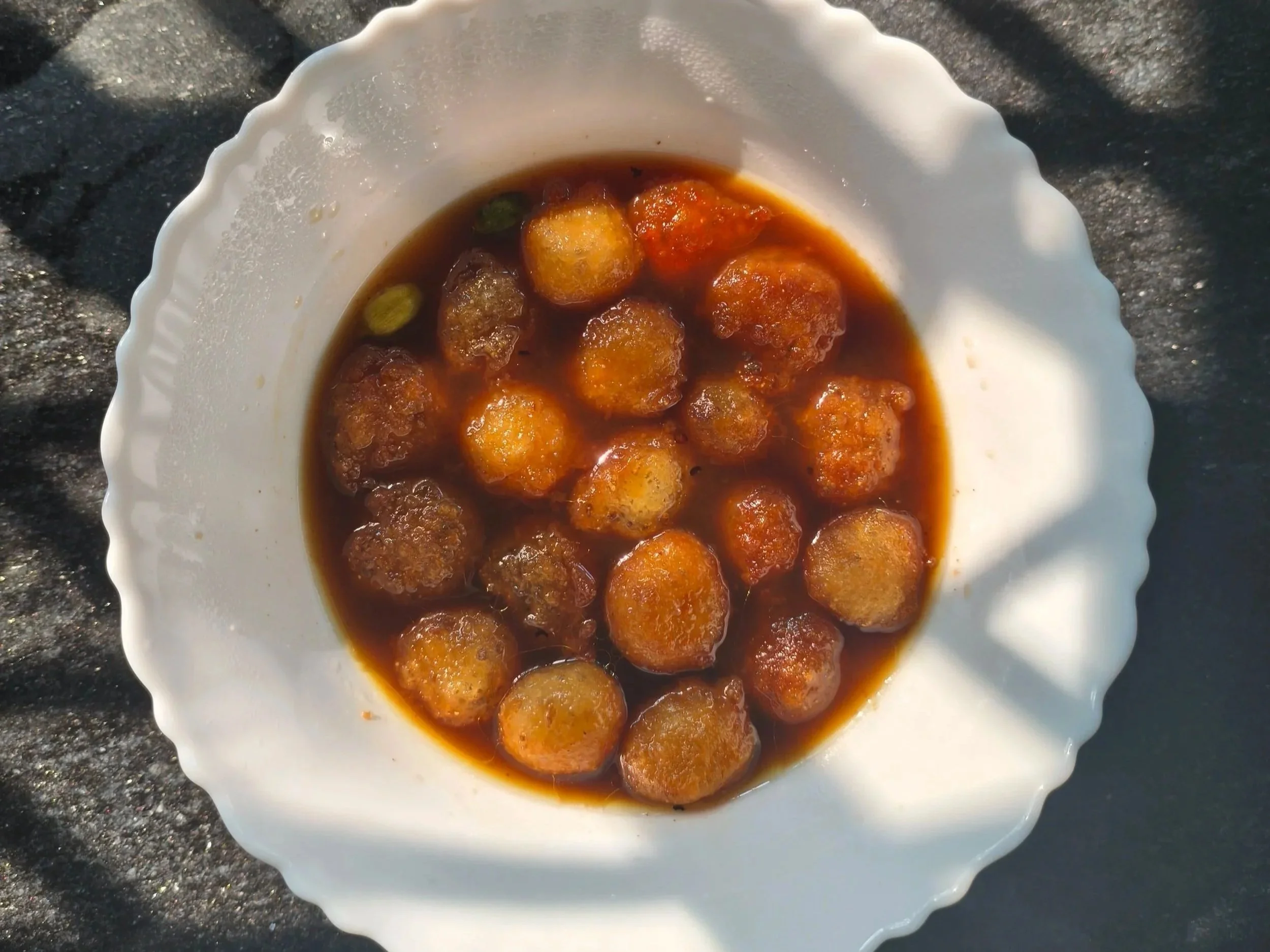
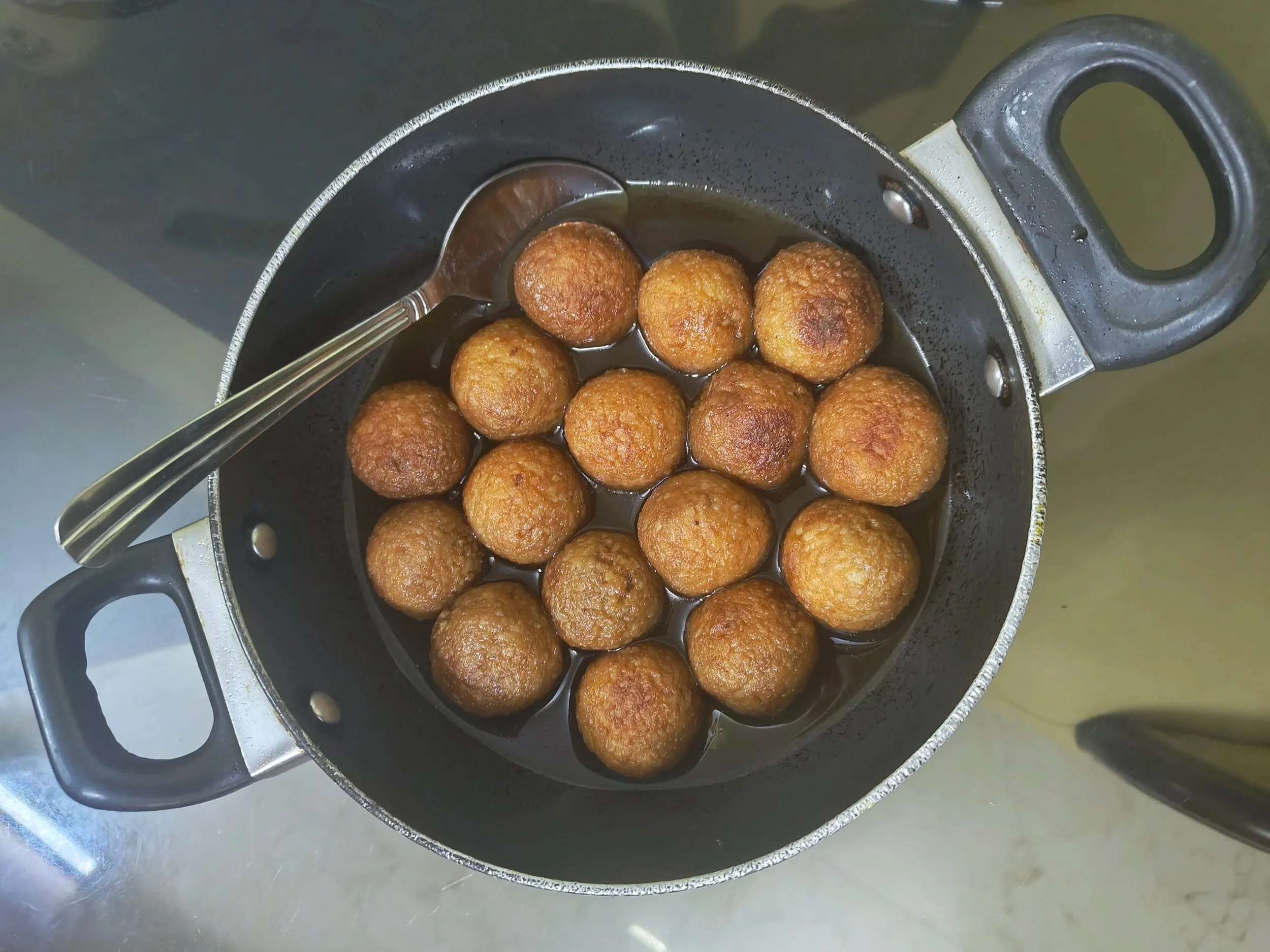

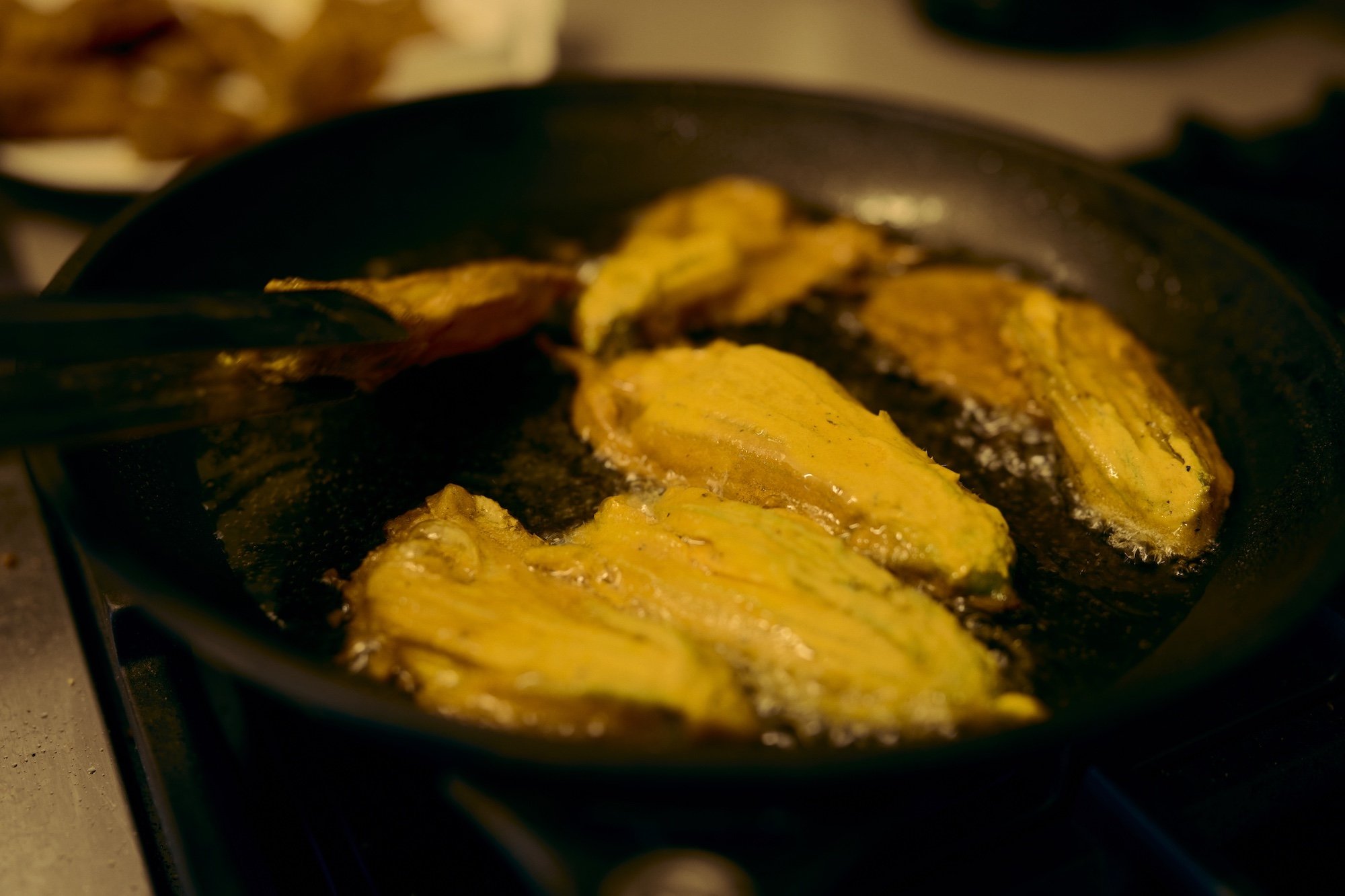
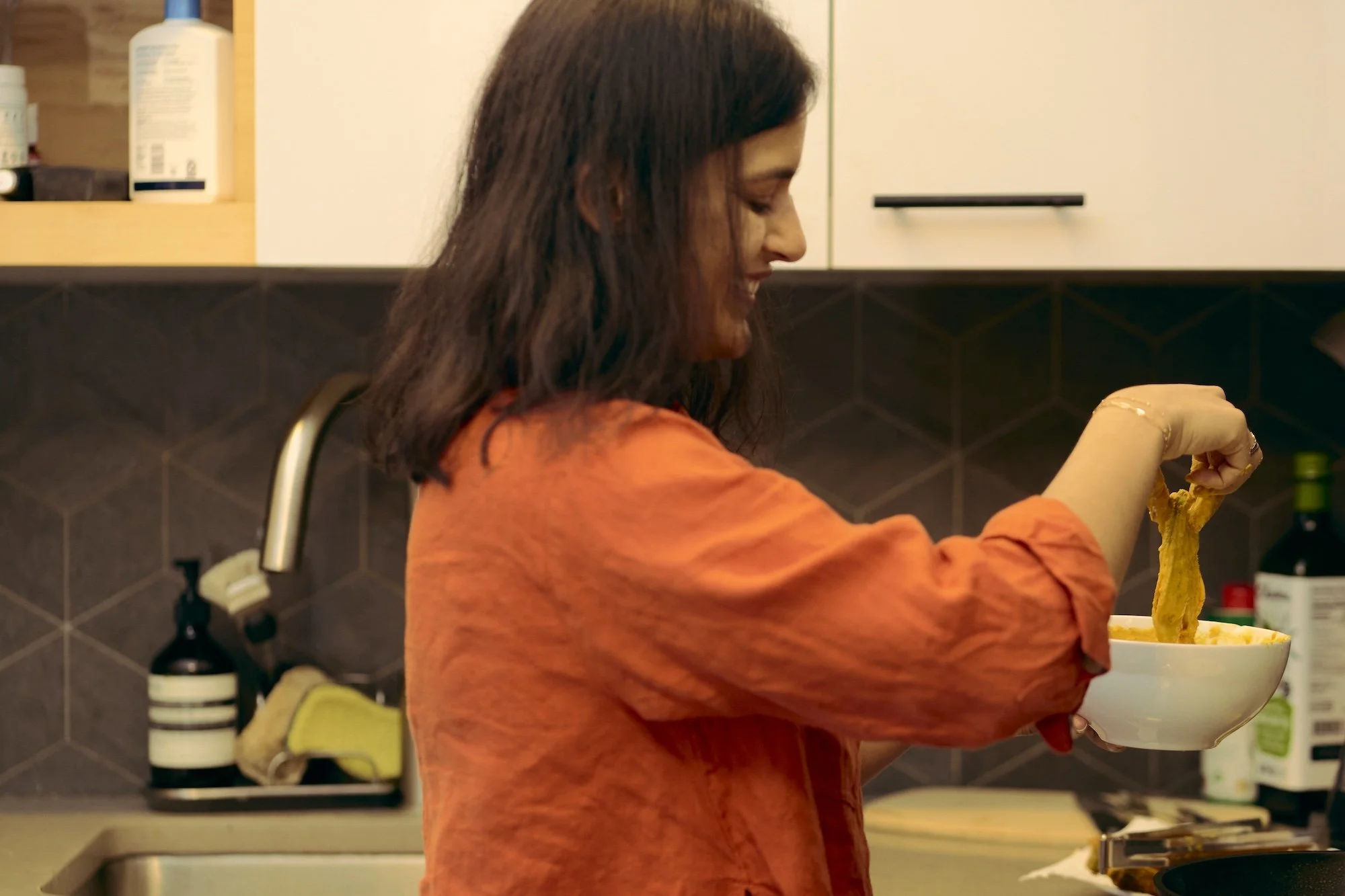
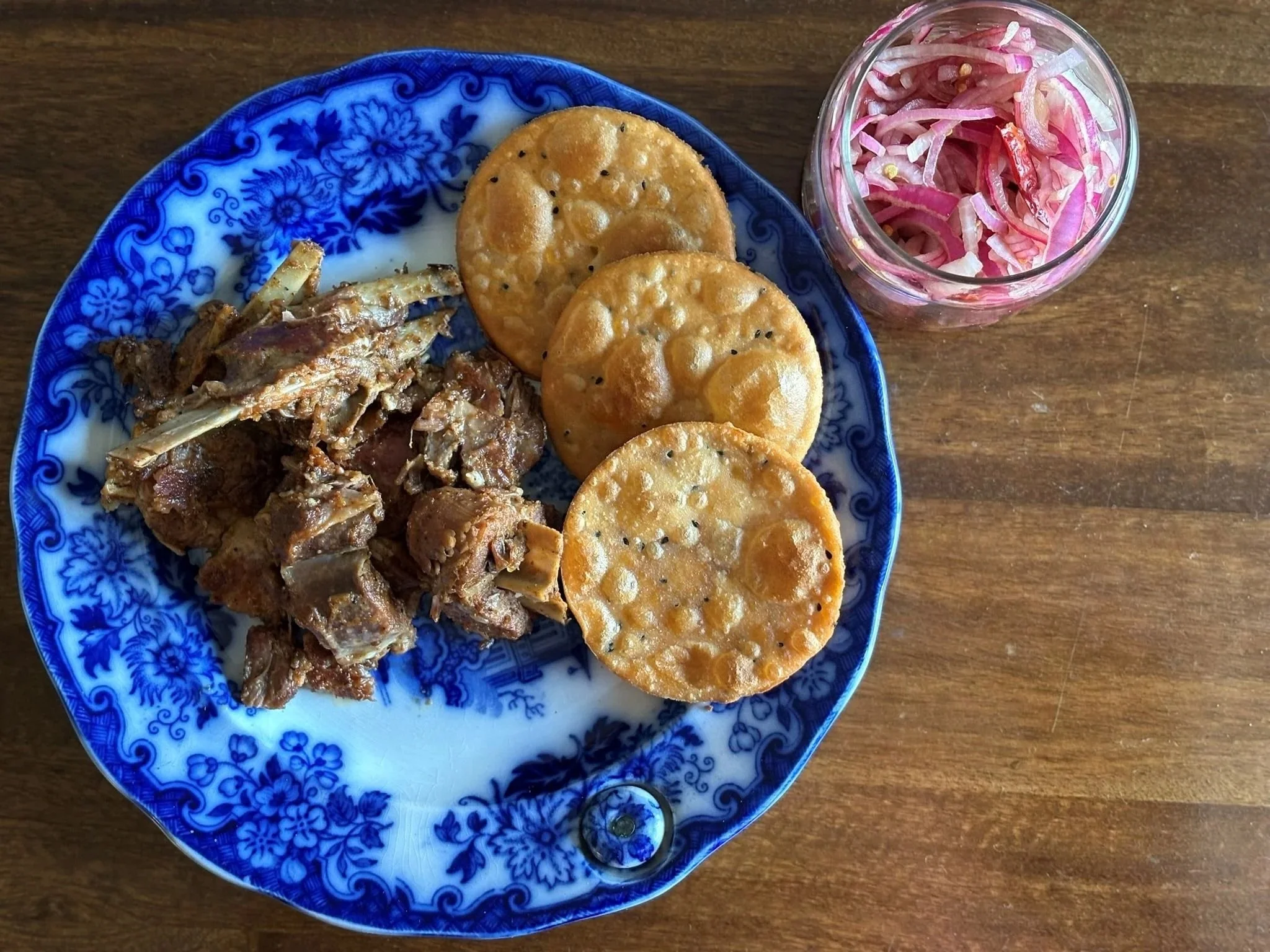
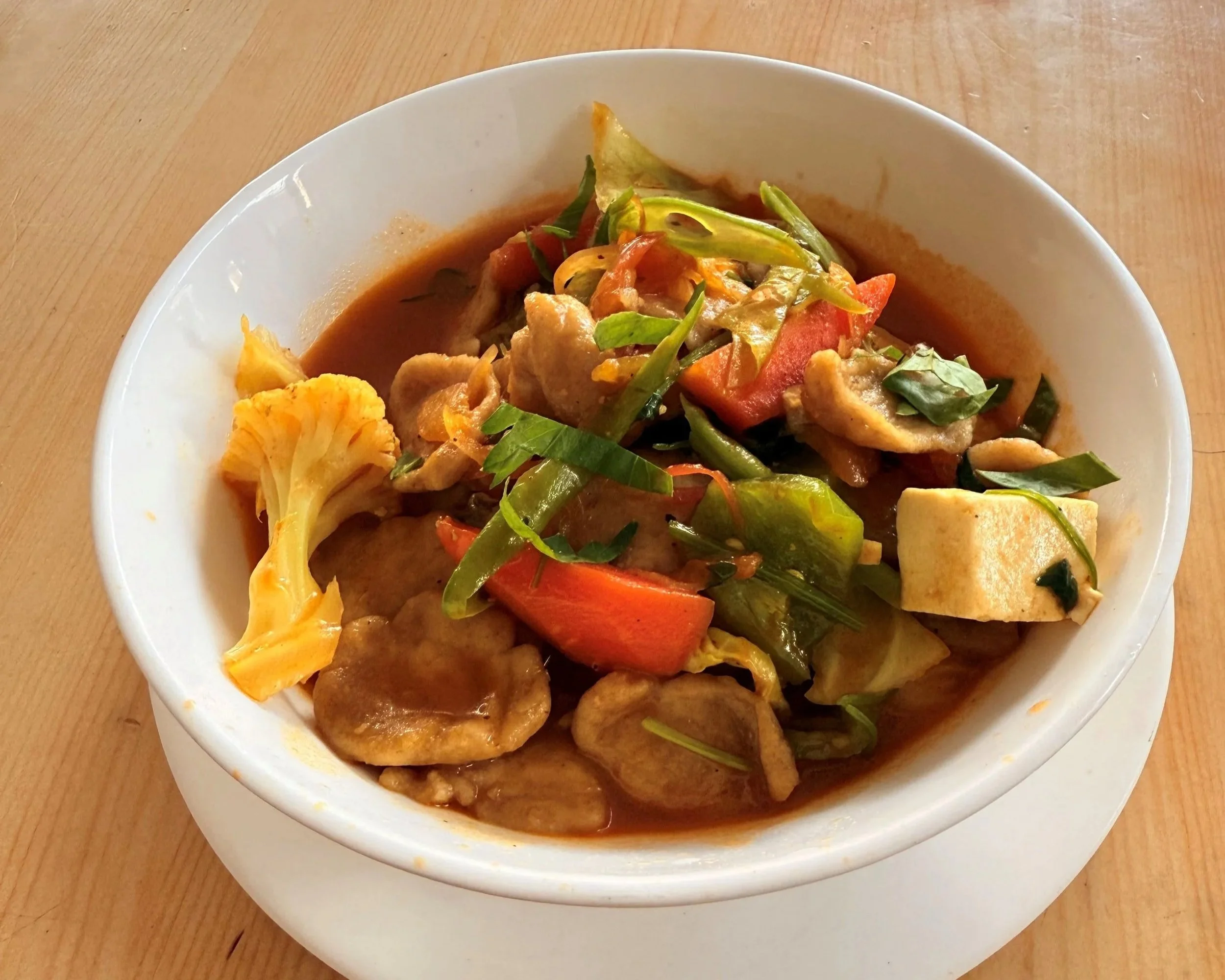
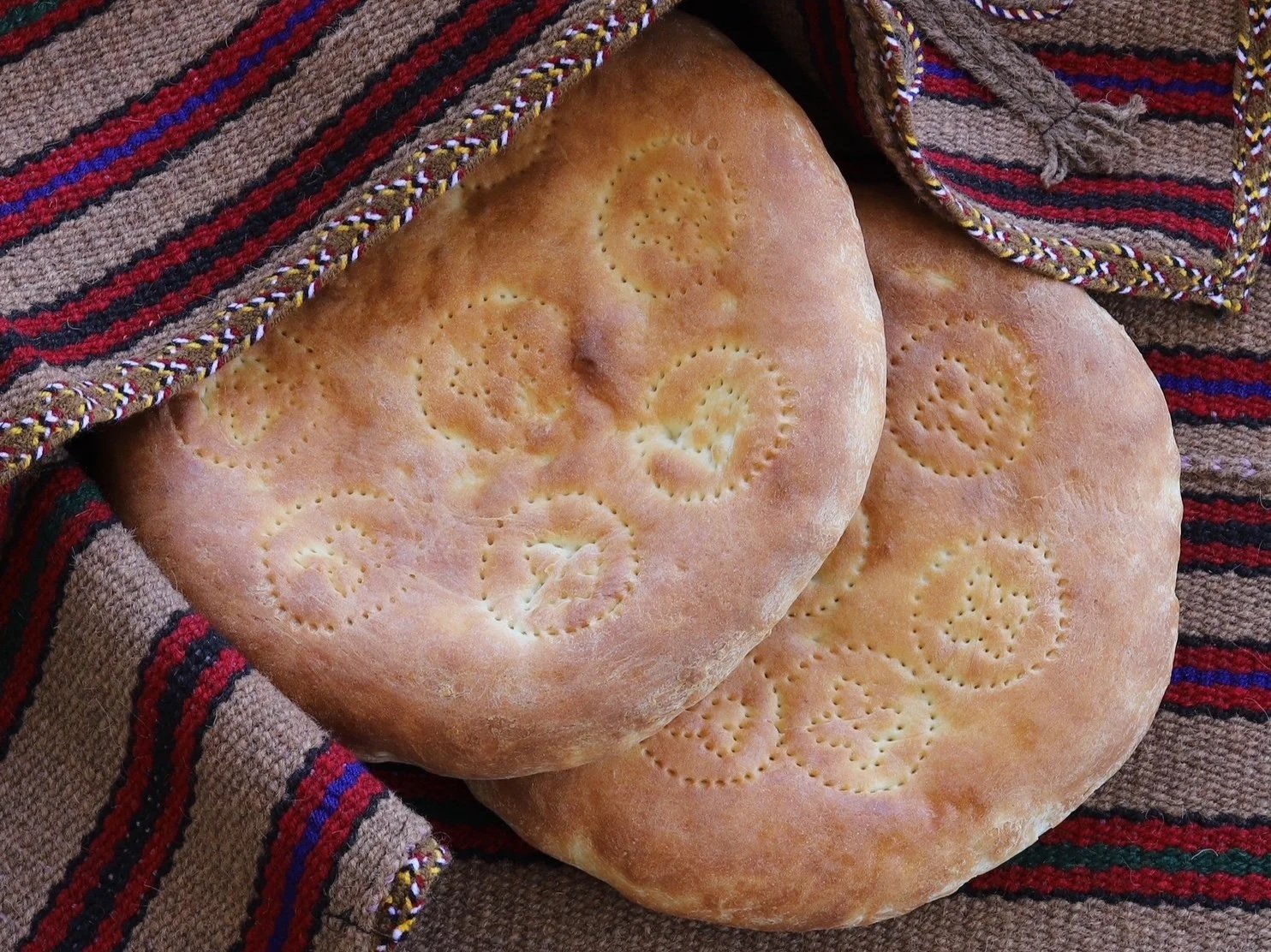
Neo-nomad cuisine of Central Asia | Terrence Manne